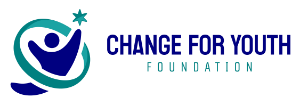Early Intervention. Lifelong Outcomes.

Jay called himself the worst kid in Australia.. he was only 6…
Trauma Doesn’t End at the School Gate
At Change for Youth Foundation, we exist to stand beside some of Queensland’s most vulnerable children and young people – those who have experienced significant trauma, loss, and instability, and who are now living in out-of-home care. Currently there are over 12,000 young people living in care in Queensland and over 45,000 across Australia.
These young people carry complex stories. Many have endured multiple forms of abuse, exposure to domestic violence, neglect, disrupted schooling, and emotional upheaval long before entering care. Once in care, they continue to face significant challenges that affect every part of their development, wellbeing and future.
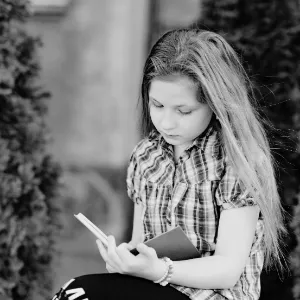
Change for Youth taught her how to believe in herself…
Thanks to the Empower Youth program, Miss 10 has grown in confidence and self-belief.
The one-on-one Learning and Well-being Support is so beneficial, as the work and how it is presented can be tailored to suit each individual child, unlike in the classroom, where everyone has to learn in the same way at the same time.
Why Our Work Matters
The 2024 Children in Care Census paints a confronting picture

Multiple layers of trauma:
- 69% of children enter care having experienced three or more forms of abuse or harm.
- 88% have experienced emotional abuse.
- 83% have experienced neglect.
- 68% have been exposed to domestic violence.
High emotional and mental health needs:
- 41% have a diagnosed or suspected disability.
- 20% have a diagnosed or suspected mental illness.
- 31% have intellectual functioning that is limited or severely limited.
- 28% of children aged 10 and over have self-harmed or are currently self-harming.
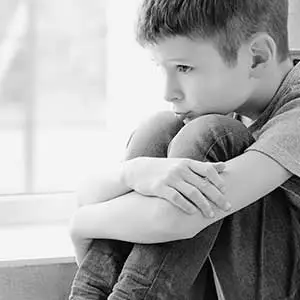
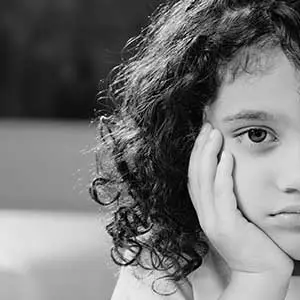
Education instability:
Over 30% of school-aged children have been excluded or suspended from school – often linked to unmet trauma, emotional regulation, and neurodevelopmental needs.
Lifelong consequences:
As young people transition to adulthood currently:
- Over half will require public housing.
- Around 1 in 3 will require NDIS support into adulthood.
- Almost half experience emotional dysregulation that limits their ability to engage in school, work or life.

Behind each statistic is a young person who deserves stability, connection and hope and better outcomes for the young person and our community. Early, tailored intervention can make all the difference.

He achieved an ‘A’ for science. Wow! …
L has a few learning difficulties when it comes to his academic achievements at school. His handwriting in particular was quite poor, and his executive functioning skills also required a high level of support. He also experienced difficulties in sequencing, especially with maths.
Then L’s new life with me began – big adjustments all around; a fairly structured home environment with a daily timetable which included ……
Our Approach
At Change for Youth Foundation, we focus on:
Trauma-informed learning support
Helping children remain engaged at school despite the enormous challenges they face.
Individualised wellbeing care
Supporting emotional regulation, coping strategies, and healing for children with complex trauma histories.
Family and carer collaboration
Working alongside carers, schools and professionals to build stable, supportive environments.
Culturally responsive care
Supporting First Nations children to remain connected to culture, country, and identity.
Advocacy for systemic change
Raising awareness of the depth of need, and advocating for earlier, better-resourced, and more integrated responses.
Watch our Videos
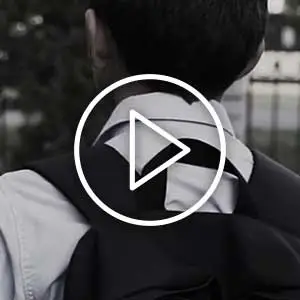
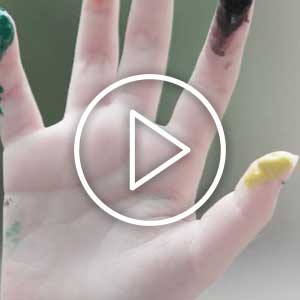
Our impact so far
